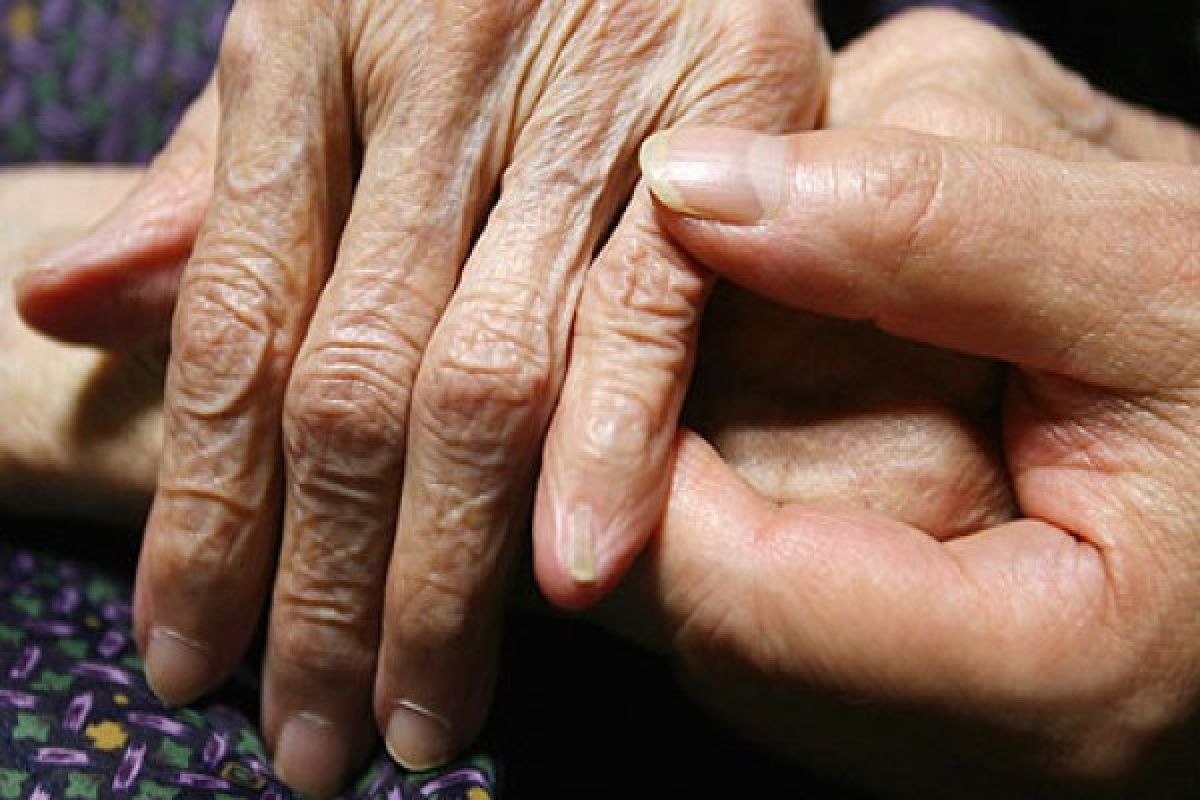This research has confirmed that the TXNIP gene helps prevent aging of hematopoietic stem cells."Seoul (ANTARA News/Yonhap) - A group of South Korean scientists has identified a gene that may help slow the rate of aging and also treat or prevent cancer, the science ministry said.
According to the team from the Korea Research Institute of Bioscience and Biotechnology, the gene, TXNIP, helps create and maintain hematopoietic stem cells, which are blood cells that develop into all other blood cells, including immunity-related white cells.
The gene`s relevance to aging was identified in a test, in which hematopoietic cells in mice that lack TXNIP genes dropped by up to 90 percent compared to a group of controlled or normal mice when they were aged and placed under stress.
None of the mice lacking TXNIP genes survived after a seven-day period while all of the normal mice survived, the ministry said in a press release.
The team has also confirmed that hematopoietic stem cells lacking TXNIP genes have up to 40 percent more reactive oxygen species, which in turn suppressed the cell cycle, and thus sped up the rate of cell aging and eventually led to their death.
"This research has confirmed that the TXNIP gene helps prevent aging of hematopoietic stem cells. The research may be applied in various future researches on aging of hematopoietic stem cells, controlling the function of cancer-preventing p53 protein, and ways to prevent cancer and control the immunity system," said Choi In-pyo, a researcher from the institute who led the research.
The research, partly funded by the Ministry of Science, ICT and Future Planning, was published on July 2 in international journal Cell Metabolism, a sister magazine of the renowned science journal Cell.
(T.A045/H-AK)
Editor: Priyambodo RH
Copyright © ANTARA 2013












